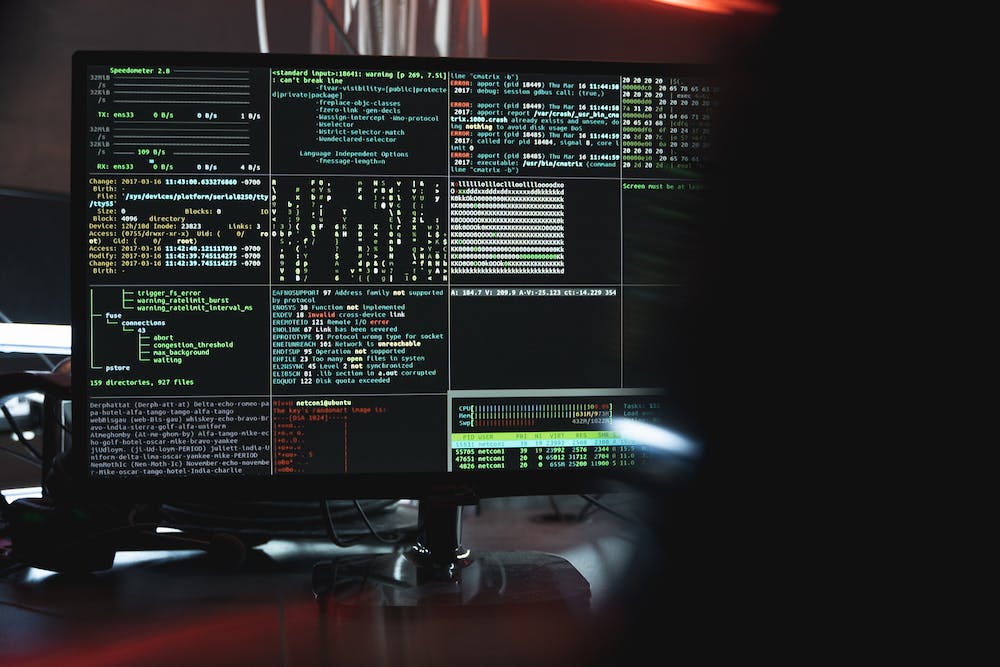
Global variables in PHP can be a useful tool for sharing data across different parts of a program. However, they can also lead to potential security risks and make code harder to maintain. In this article, we will explore best practices for using global variables in PHP to ensure clean and secure code.
1. Limit the Use of Global Variables
Global variables should be used sparingly, as their overuse can lead to code that is difficult to understand and maintain. Instead of relying on global variables for sharing data between different parts of a program, consider using other methods such as passing variables as function parameters or using a dependency injection container.
2. Use the global Keyword Sparingly
When using global variables in PHP, IT is important to use the global keyword sparingly. Instead of using the global keyword to access a variable from within a function, consider passing the variable as a parameter to the function. This will make the code more readable and easier to maintain.
3. Prefix Global Variables
To avoid naming conflicts with local variables, it is a good practice to prefix global variables with a specific naming convention. For example, you can prefix global variables with “g_” to clearly identify them as global variables.
4. Avoid Modifying Global Variables Directly
Modifying global variables directly can lead to unexpected behavior and make code difficult to debug. Instead, consider using functions or classes to encapsulate the behavior of modifying global variables. This will make the code more predictable and easier to maintain.
5. Use Constants When Possible
Instead of using global variables for data that does not change during the execution of a program, consider using constants. Constants provide a way to define a value once and use it throughout the program without the risk of accidental modification.
6. Sanitize Global Variables
When working with user input that is stored in global variables, it is important to sanitize the data to prevent security vulnerabilities such as cross-site scripting (XSS) and SQL injection. Use built-in PHP functions such as “filter_var” to sanitize global variables before using them in your code.
7. Use Namespaces
If you are working with a large codebase or using third-party libraries, consider using namespaces to encapsulate your global variables and avoid naming conflicts. Namespaces provide a way to organize code and prevent global variables from colliding with variables from other parts of the program.
8. Document Your Global Variables
It is important to document the purpose and usage of global variables in your code. This will make it easier for other developers to understand how global variables are used and avoid confusion or misuse of these variables.
9. Unit Test Your Code
Unit testing is a crucial part of any software development process. When working with global variables, it is important to write unit tests to ensure that the behavior of global variables is consistent and predictable. Unit tests will help you catch any unexpected side effects of using global variables.
Conclusion
Global variables can be a powerful tool for sharing data across different parts of a program, but they should be used with caution. By following best practices such as limiting their use, using the global keyword sparingly, and documenting their purpose, you can ensure that your code remains clean and maintainable. Additionally, always remember to sanitize user input stored in global variables to prevent security vulnerabilities.
FAQs
Q: What are the risks of using global variables in PHP?
A: Using global variables can lead to code that is difficult to maintain and debug. It can also introduce security vulnerabilities if not used and sanitized properly.
Q: How can I avoid naming conflicts with global variables?
A: To avoid naming conflicts, it is a good practice to prefix global variables with a specific naming convention, such as “g_”. Additionally, consider using namespaces to encapsulate your global variables.
Q: Are there alternatives to using global variables in PHP?
A: Yes, there are alternative methods for sharing data between different parts of a program, such as passing variables as function parameters or using a dependency injection container.
Q: How can I sanitize user input stored in global variables?
A: Use built-in PHP functions such as “filter_var” to sanitize user input stored in global variables. Additionally, always validate and sanitize user input before using it in your code.





